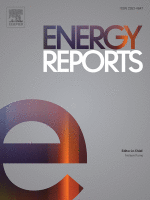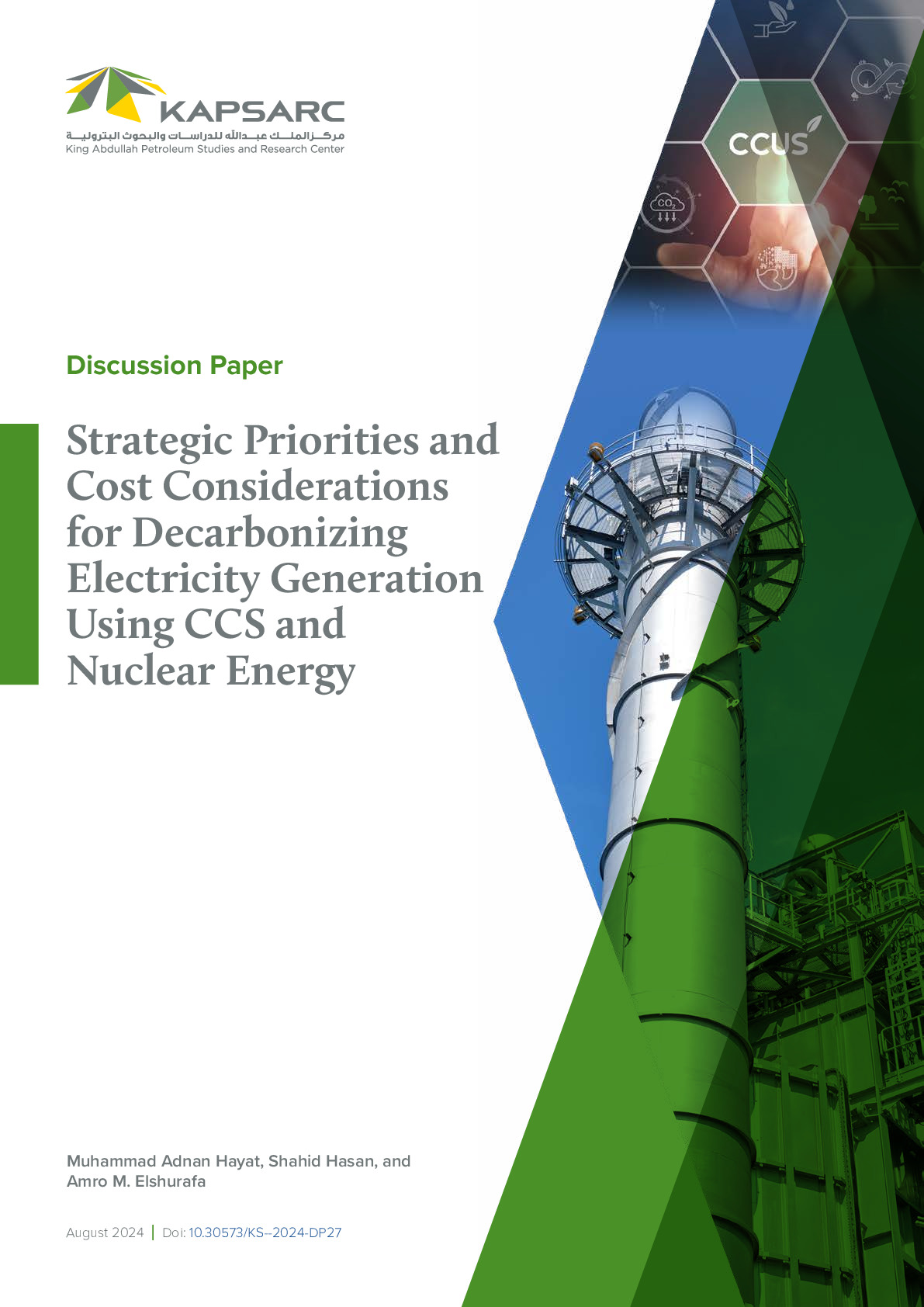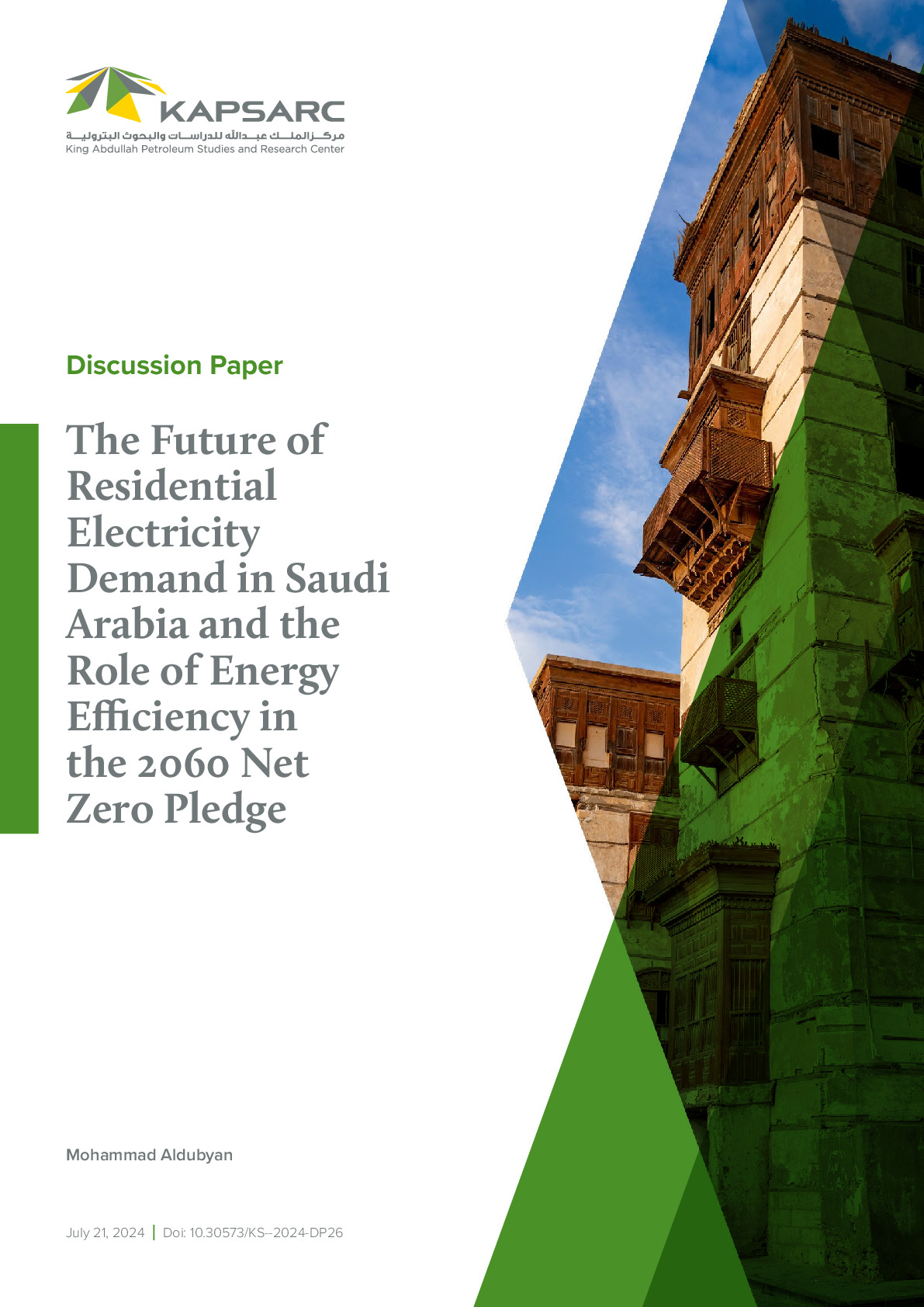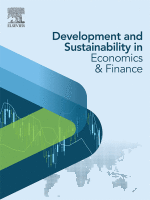In this paper, we quantify the economic and environmental implications of operating a standalone photovoltaic-battery system (PVB) while varying the battery’s minimum allowable state of charge (MSOC), the load profile, and simultaneously incorporating ambient temperature effects in hot climates. To that end, Saudi Arabia has been chosen for this case study. Over a project lifetime of 25 years, we find that, contrary to the widely accepted norm of 50% being a reasonable MSOC, a lower MSOC can bestow economic benefits.

Executive Director- Utilities & Renewables
Dr. Elshurafa is the Executive Director of the Utilities and Renewables Department and possesses 20+ years of experience garnered on…
Dr. Elshurafa is the Executive Director of the Utilities and Renewables Department and possesses 20+ years of experience garnered on three continents. His research interests lie in renewable energy policy, electricity market design and regulation, and power systems modeling. He has led and executed several national modeling initiatives at distributed and utility scales. Some aspects of his research have been adopted by BP in their seminal annual Statistical Review. He is listed among the top 2% scientists globally as per Stanford, and he is a board member of the Saudi Water and Electricity Regulatory Authority. Credited with 50+ papers and patents, he holds a Ph.D. in Engineering and an MBA in Finance.
Expertise
- Renewable Energy Policy
- Electricity Market Design and Regulation
- Power Sector Modeling
Publications See all Amro Elshurafa’s publications

Strategic Priorities and Cost Considerations for Decarbonizing Electricity Generation Using CCS and Nuclear Energy
In this paper, we quantify the economic and environmental implications of operating a standalone photovoltaic-battery…
26th August 2024
Strategic Priorities and Cost Considerations for Decarbonizing Electricity Generation Using CCS and Nuclear Energy
In this paper, we quantify the economic and environmental implications of operating a standalone photovoltaic-battery…
25th August 2024


